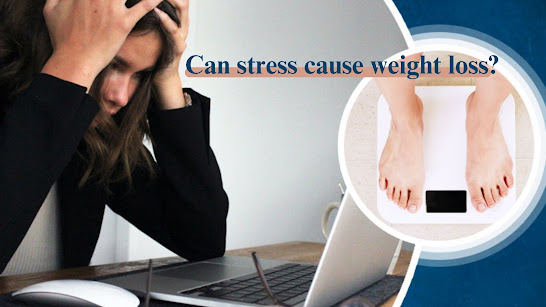Alcohol Use, Abuse and Depression: Is There a Connection?
Alcohol is a depressant: It alters the systems of nerves and affects delicate balance of chemicals in your brain and body that help to control our mood, so cutting back or stopping drinking can help to improve mood. Heavy alcohol consumption alters the brain’s neurotransmitters.
Drinking can heighten
the symptoms of depression, which can have life-threatening implications. This
is because alcohol impacts the same areas of the brain that help regulate mood.
Drinking can alter the brain's chemical levels, which can trigger the symptoms
of a mental health illness, such as depression.
Alcohol abuse can cause
signs and symptoms of depression, anxiety, psychosis,
and antisocial behaviour, both during intoxication and during withdrawal. At
times, these symptoms and signs cluster, last for weeks, and mimic frank
psychiatric disorders
Drinking will only make
depression worse. People who are depressed and drink too much have more
frequent and severe episodes of depression, and are more likely to think about suicide.
Heavy alcohol use also can make antidepressants less effective.
Anxiety, frustration,
feeling hopeless, fatigue, and a loss of interest in things once enjoyed.
Symptoms of a depressive episode are more extreme than normal periods of low
mood and may include: feeling sad, hopeless, or helpless.
Depression doesn't
spring from simply having too much or too little of certain brain chemicals.
Rather, there are many possible causes of depression, including faulty mood
regulation by the brain, genetic vulnerability, and stressful life events.




Comments
Post a Comment